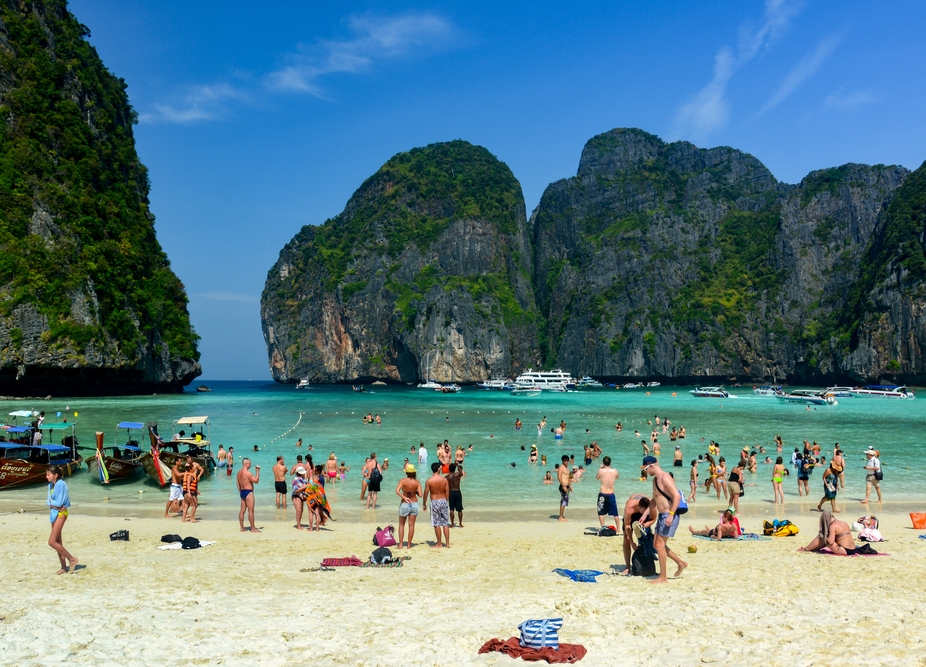Thailand breaks tourism record with 30 millionth visitor
Thailand has set a new tourism record, exceeding 30 million international visitors for the first time in a single year.
The milestone was reached when Huang Junyi, a Chinese national, arrived at Bangkok’s Suvarnabhumi Airport on 5 December 2016 following a flight from Guangzhou. This means that the country has now beaten its previous full-year record of 29.88 million visitors, set in 2015.
Ms Huang was greeted by the Tourism Authority of Thailand (TAT) and Thai Airways and presented with a prize of two economy class return tickets to Thailand and a five-night hotel stay in the kingdom.
“This has been an amazing year for tourism in amazing Thailand as shown by the huge numbers of visitors,” said Yuthasak Supasorn, governor of the TAT. “We have reached 30 million and the high season has only just kicked off. We know that more people will be coming to enjoy the cool weather and holiday festivities.”
The TAT has previously stated that it is not measuring its success based purely in terms of volume, but rather based on the value visitors bring to the country. The tourism board is projecting that international tourism revenues will increase 11.7% to THB1.62 trillion (US$46 billion) in 2016.
Tourism numbers have been enhanced by a relatively stable year in the country, at least prior to the national tragedy that occurred when the king passed away in October.
And to further boost arrivals in the high season, the country has now launched several initiatives to encourage international tourism and spending, including the waiver of tourist visa fees for visitors from 19 countries from 1 December 2016 to 28 February 2017, and halving of the price of visas-on-arrival. And to encourage more domestic travel, a long New Year holiday of four days, from 31 December to 3 January, has now been confirmed.





